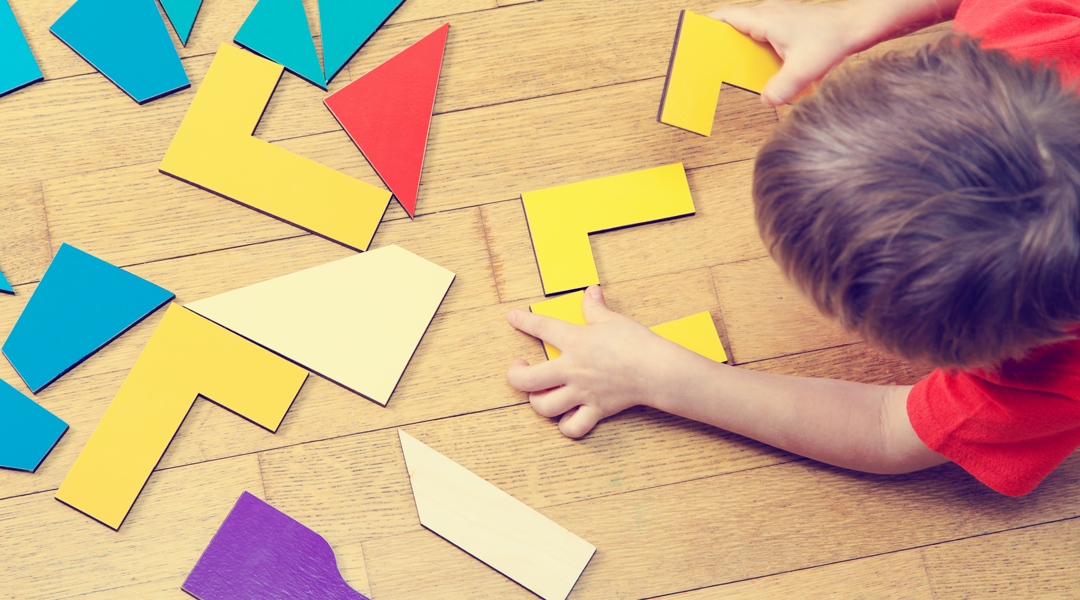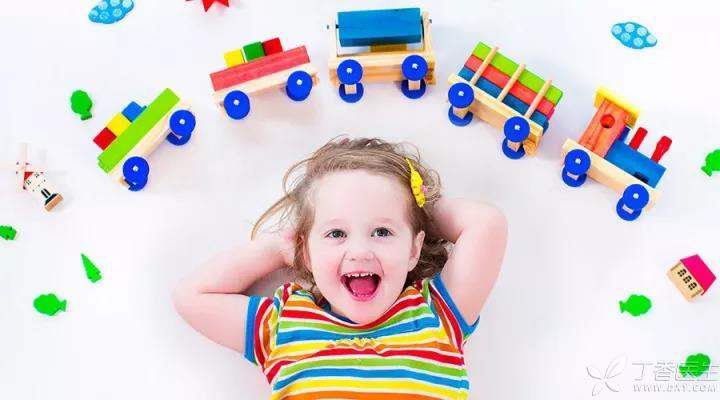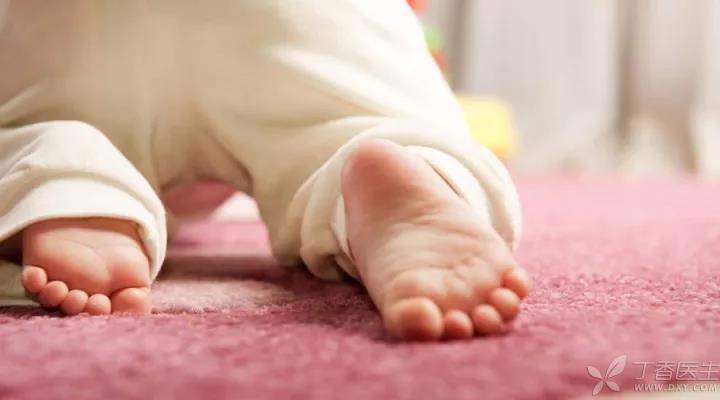
We often receive messages from mothers like this:
One and a half-year-old babies always eat their hands. Is there any way to manage them in what?
The baby loves barefoot when he is pulling socks. Do you want to wear socks for the baby?
Children always throw things about and it is useless to say so.
Seeing these [bad habits] of the baby, the first thing many parents think of is to stop them quickly.
In fact, these four [bad habits] before the age of 2 really don’t need to be taken care of. They are still the manifestation of the baby’s brain development to a new level. Let’s have a look at them quickly.
1. Throwing things to promote intellectual development is a good time.

1. Throwing things can promote the baby’s intellectual development,
In the process of throwing things, the baby will find:
If the glass falls, it will break.
If a table tennis ball falls, it will play several times and run further and further.
If water polo or tomato is thrown away, the juice will splash everywhere.
… …
In this way, babies explore the causal relationship between things, slowly understand the world, and their cognitive ability is improving, so throwing things is a process of developing intelligence.
2. Throwing things is an increase in sports skills.
The baby began to throw things, indicating that the baby’s upper arm strength, grasping ability and hand-eye coordination ability have been further developed.
Therefore, throwing things is a sign of the baby’s growth and should be a happy thing for parents.
However, parents should also tell their children what can be thrown, what cannot be thrown, and where they can be thrown.
For example, chopsticks are used for eating and cannot be thrown away. Frisbee can be thrown outside, but not at home. If you like to throw, you can prepare a toy storage box, [come, throw it here].
2. Eating hands can stimulate brain development,

Eating hands is almost the [common hobby] of babies all over the world. Before the age of 2, it is the [mouth desire period] of babies. Eating hands is a good thing instead.
Step 1 Stimulate brain development
When the baby eats his hands, his mouth and fingers can get a lot of [sensory stimulation], which is very beneficial to the development of the brain.
Step 2: Realize self-appeasement
When the mother’s nipple is not comforted, the baby uses the way of eating hands to deal with his anxiety, which is a natural emotional coping mechanism.
For babies at this stage, it is suggested that parents should ignore their children’s hand-eating behavior. If they deliberately point out and stop it, it will be more difficult to subside if unconscious hand-eating becomes conscious hand-eating.
Some children will learn other self-consolation methods between the ages of 2 and 4, and use language, food or toys to relieve pressure, and the behavior of eating hands will disappear.
3. Barefoot can promote sensory development

Many children are [stars who do not wear socks] and have to pull off their socks when they wear them. Parents are worried and feel that they are easy to get sick.
In fact, barefoot is good for children.
1. Promote sensory development
The feet are rich in nerve endings and are important tactile sensory parts.
When walking barefoot, you can contact the stimulation from the ground with different textures, which is helpful to stimulate the development of tactile nerves and promote the connection between senses and brain.
2. It is good for learning to walk.
When the baby walks barefoot, he will bend his toes to grasp the ground, and the peripheral nerves of the sole of his foot will also feel the stimulation of the ground, better sense the height changes of the ground, and make timely adjustments, so as to walk more steadily and harmoniously.
Barefoot is good, but whether you want barefoot or not depends on the situation.
The weather is relatively cold in winter. If there is heating or air conditioning at home, the baby can be barefoot.
If the room temperature at home is low, you can still wear thin socks everyday. If the baby really wants to let his feet [explore freely], you can let his feet breathe in bed.
4. Recognizing students indicates that the brain has reached a new stage of development.

When the baby is about 4 months old, there may be a phenomenon of recognition.
The baby began to know which are acquaintances and which are strangers, which shows that the baby’s brain development has entered a new stage.
Every baby will go through the period of recognition, which is the natural stage of baby’s growth, but it is also an important process of baby’s emotional and social development.
At this stage, parents must not force the baby to greet strangers, otherwise the baby may leave the impression of [unpleasant communication with others].
After the baby is 3 years old, most of the [bad habits] mentioned here will disappear by themselves.
As a parent, the best way to deal with it is to understand and guide the child, give the child more love and accompany him through this [special] period smoothly.
